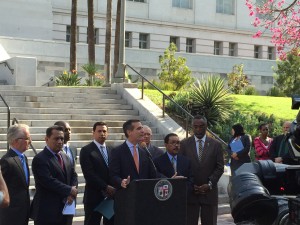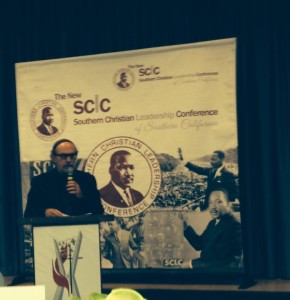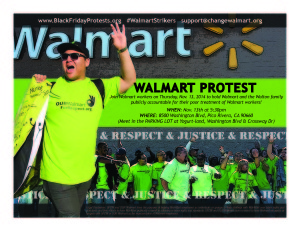Tonight, we light the first Hanukah candle.
Beginnings, true beginnings, are always hard. We live in a culture in which every week or so some gadget or technological innovation is trumpeted as the beginning of something new, something that will change the way we do things forever, a disruptive technology which will undo the old and start something else. In our tradition there are few truly disruptive moments. When Abraham saw through the fog of idolatrous power and recognized that there was one God, the God of everyone, and that therefore everyone was equally worthwhile—that was truly disruptive. When the People of Israel stood at the foot of Mount Sinai and heard the voice of that God—a voice that said that cruel oppression is the opposite of the Divine way, that bearing one’s fellow’s burden is the prerequisite of accepting the Torah—that was truly disruptive.
Tonight, as we light the first Hanukah candle, we hope to take part in a truly disruptive moment. A moment where the cultures of oppression, of racism, antisemitism, Islamophobia, misogyny, transphobia are overthrown. With this first light we embrace the hope of more light. “For the light of God is the soul of a person.” (Proverbs 20:27)



